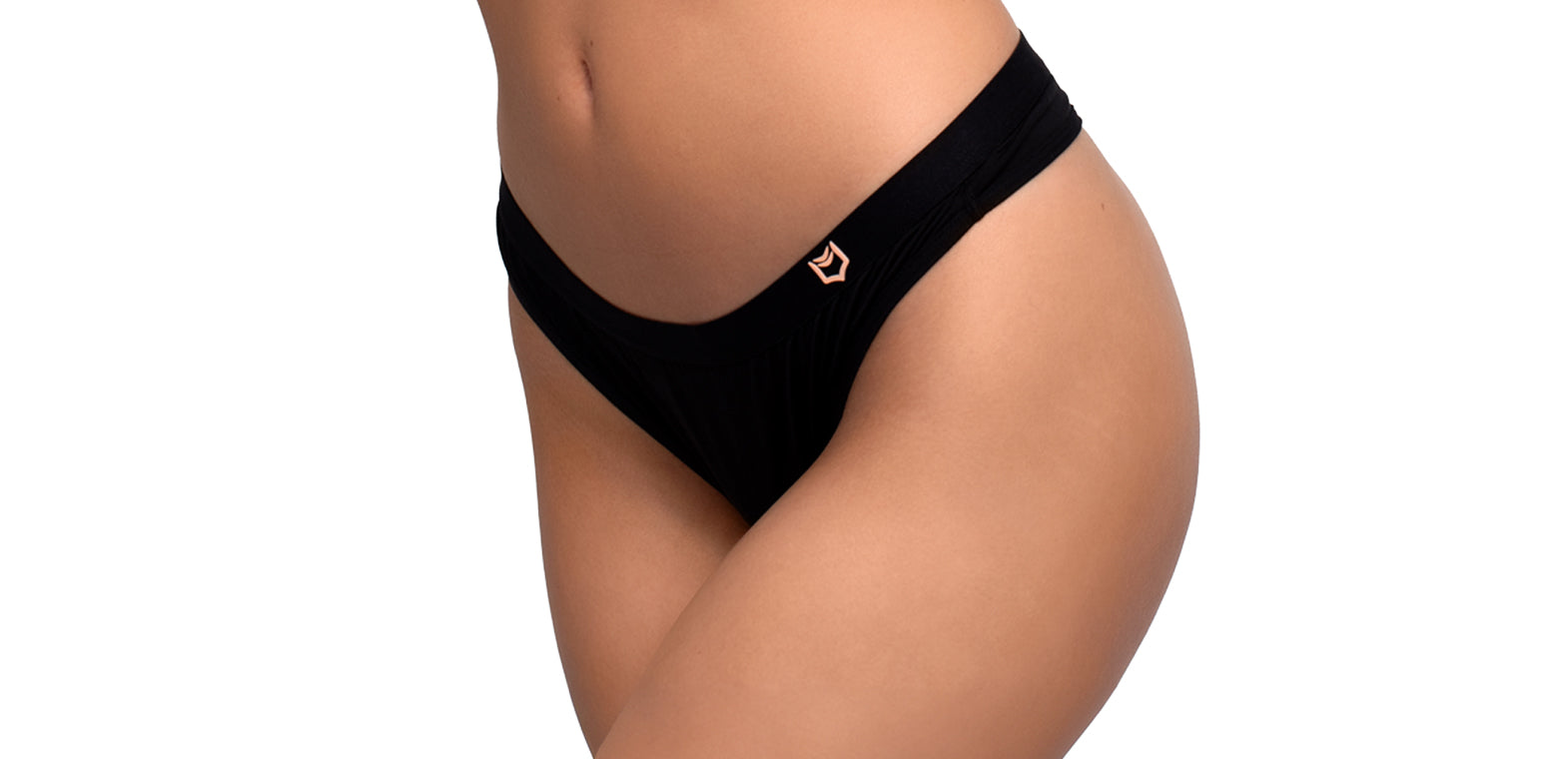
Our urological health is a topic that, in general, people do their best to avoid talking about. Whether it’s due to embarrassment, squeamishness or just general modesty, some people are so uncomfortable with discussing what’s going on in their genital region that many urological complications reach a severity that could have been avoided with a simple urologist visit. In this piece, we would like to address some of the tell-tale signs of a potential complication, as well as some useful lifestyle tips for maintaining good urological health.
*It is important to realize that this information is general. It does not consider your individual medical situation.*
Hematuria
(Blood in Urine)
Hematuria is characterized by the abnormal presence of red blood cells in the urine. There are two categories of Hematuria:
- Microscopic Hematuria: Microscopic amounts of red blood cells are present in the urine and can only be detected with a microscope or a general urinalysis.
- Macroscopic Hematuria: Such a large number of red blood cells in the urine that the urine will appear slightly red in color.
There are numerous complications of varying severities that can result in hematuria, including:
- Urinary tract infection (UTI)
- Prostatitis (in men)
- Urolithiasis (kidney stones)
- Heavy physical exercise
- Urinary tract Injury
- Pharmaceutical agents, such as anticoagulants (heparin, aspirin) or immunosuppressants (cyclophosphamide)
- Cancer of kidneys, bladder, prostate
Urinary Incontinence
Urinary Incontinence is characterized by the involuntary release of urine from the urethra while exercising or during a daily activity. Although incontinence is much more prevalent among women, it is an unfortunate reality for many men as well. It is a symptom, not a disease. There are two main types of Incontinence:
- Effort Incontinence or Stress Incontinence: leakage of urine when there is high abdominal pressure (due to cough, laughter, weight lifting et cetera).
- Urge Incontinence: leakage of urine following a sudden compelling urge to urinate.
Anuria / Oliguria
(Low urine production / Low urine output)
Anuria is the underproduction of urine. Various conditions can result in anuria, such as renal impairment, urinary tract obstruction (kidney stones), pharmaceuticals or severe infections. Anuria is a symptom, not a disease. Someone experiencing anuria may complain about lack of appetite, weakness, fatigue, vomiting tendency and dyspnea.
Oliguria is low urine output and is a sign of acute renal impairment. Causes may involve one or more of the following:
- Dehydration
- Excessive Drop of Blood Pressure
- Heart failure
- Renal diseases
- Nephrotoxic medication
- Urinary tract obstruction (due to kidney stones, cancer etc)
Dysuria
(Difficulty Urinating)
Dysuria is characterized by a difficulty in passing urine and is often accompanied with pain. Pain may occur when beginning, or during, the process of passing urine. As a result, passing urine takes longer than usual. Many conditions can cause dysuria, such as:
- Prostate hypertrophy
- Urinary tract infections (UTI)
- Interstitial cystitis
- Urinary stones
- Bladder cancer
- Perinatal injuries
- Vaginitis
- Prostatitis
- Radiotherapy to the bladder area (e.g. for uterine cervix cancer)
Urinary Frequency
Urinary Frequency is characterized by having to urinate more often than usual, even though it may not be a large amount of urine each time. An individual experiencing urinary frequency will urinate 8 or more times per day while passing less than 200 ml each time.
Among the most likely causes of urinary frequency is a urinary tract infection (bladder or prostate). It can also be caused by prolapse of the bladder (dropped bladder), stones in the urinary tract, bladder obstruction due to an enlarged prostate, or tumors in the bladder.
Urinary frequency can also be related to certain neurologic conditions, such as stroke, spinal cord injuries, and multiple sclerosis, or it can even be a sign of Diabetes mellitus which has been known to cause high volume, frequent urination.
Urinary Urgency
Urinary Urgency is the sudden and powerful urge to urinate. Urinary Frequency and Urinary Urgency tend to go together. There are a number of causes, such as the following:
- Urinary Tract Infections (UTI)
- Over-Active Bladder (OAB)
- Interstitial Cystitis
- Chronic Urinary Retention
- Urolithiasis
- Bladder Cancer
Urinary Retention
Urinary Retention is the condition when someone cannot pass urine despite the strong desire to do so. There are two types:
- Acute Retention: The sudden and abrupt retention occurring in someone who has always had some difficulty in passing urine but would succeed in ultimately emptying their bladder to a satisfactory degree. Acute retention is an emergency condition, causing high discomfort to the person through bladder pain, agitation and heavy perspiration. It is necessary to void the bladder via catheter.
- Chronic Retention: This is when a considerable amount of urine is still present in the bladder after passing urine. A person may not be aware of his/her chronic retention, because it usually does not cause intense symptoms; however, it may lead to severe problems, such as renal failure.
Renal Colic
Renal Colic is considered to be one of the most excruciatingly painful events a person can endure. Renal Colic usually occurs suddenly without any prior signalling symptom. Initially, it is localised in the kidney area (right below the rib cage), but later on it expands further towards the bladder, genitalia and urethra. Most of the time the pain is incredibly strong from the start, whereas other times it starts as a sensation of pressure or tightening in the kidney area and progressively increases in tension, causing high discomfort to the person. The pain is usually so strong that the person is unable to sit still and begins experiencing heavy sweating, vomiting, and abdominal bloating. The colic may also be accompanied by urinary frequency and dysuria, as well as cases of hematuria (blood in urine).
Bladder Pain
Pain in the bladder region can be caused by urinary tract infection, chronic diseases, or injury. Symptoms may be stable or variable and may improve or aggravate when the bladder becomes filled with urine. Bladder pain is often described as an acute, deep, stabbing or burning sensation - depending on the actual cause. Pain intensity can range from mild to severe. There are many potential causes for a painful bladder, the most common being urinary tract infection (UTI).
Νocturia
Nocturia is the urgency to interrupt sleep for urinating. One episode of nocturia per night is considered to be within normal limits. It should be pointed out that:
- Nocturia is a common symptom in both men and women and increases with age.
- Nocturia may be disturbing and cause sleep disorders with significant effect on a person's quality of life.
- Nocturia is a symptom, not a diagnosis.
- Nocturia has to be evaluated by the physician for identifying the deeper causes that are associated with it (e.g. diabetes mellitus or prostate hypertrophy).
Orchialgia / Orchidynia
(Testicular Pain)
Orchialgia or Orchidynia is characterized by pain or discomfort in one testis or in both testes. Pain may originate from the testis or may be radiating from other organs (e.g. renal colic). There are many conditions that can cause testicular pain, but some are real emergencies such as Testicular Torsion (testicle rotates, twisting the spermatic cord and cutting off blood flow) and Acute Epidydimis (inflammation of the tube that stores and carries sperm). The pain may be acute, permanent or intermittent and its intensity may range from mild to severe.
Chronic scrotal pain (chronic orchialgia) is a condition in which the testicular pain persists for more than 3 months and affects the patient's everyday life. It is usually of lower intensity than the acute pain and periodically comes and goes. It may be associated with varicocele, hydrocele, epididymal cysts, prostate inflammation, urinary lithiasis, irritable bowel syndrome or a symptom of chronic pelvic pain syndrome.
Polyuria
Polyuria is a condition where a person is frequently urinating but with normal urine output every time. Because of this, the overall amount of urine discharged every 24 hours usually exceeds 2-3 litres. Among the most common causes of pyuria are:
- Diabetes mellitus
- Diabetes Insipidus (severely diluted urine)
- Pharmaceutical agents, such as diuretics
- High coffee consumption
- High alcohol consumption
- Polydipsia (excessive thirst and fluid intake)
Prostatodynia
(Prostate Pain)
Prostatodynia is a condition that can be accompanied by many symptoms in the prostate area (dysuria, pain in the area between the scrotum and anus, pain during ejaculation), but with no evidence of prostate infection or inflammation. Symptoms may differ in intensity and are numerous. A patient with prostatodynia may experience:
- Pain or discomfort in genitalia, anum, rectum, perineum.
- Pain or discomfort above the penis, bladder, groin and lower back.
- Sensation as if "having a golf ball" in the prostate area, mainly when sitting.
- Urinary frequency, urgency, burning sensation of the urethra and nocturia (urinary frequency in the night).
- Pain during sexual intercourse or during ejaculation
- Anxiety and depression
Pyuria
Pyuria is the presence of white blood cells in the urine. It is possible that visually there is no change in the color of urine and will only be diagnosable with the general urine test (urinalysis). However, when there are too many white blood cells, there may be a visual blurring or cloudiness of the urine. There are many causes involved in Pyuria, but the most common one is infection. Other causes may be urolithiasis, foreign bodies (e.g. bladder catheters) or specific infections (e.g. tuberculosis).
Tips for maintaining urological health:
Below, we have provided some easy to follow, universal guidelines that should help reduce the likeliness, or mitigate the severity, of a urological complication.
-
Be sure to drink plenty of water
Aim for 6 to 8 cups of water each day. It is also helpful to cut down on the amount of caffeine and alcohol you drink, as these may upset your bladder. Try to limit the intake of coffee, tea or cola as these are known to stimulate bladder activity and lead to leakage
-
Practice good bathroom habits
It is considered normal to go to the bathroom 4 to 8 times a day and no more than twice a night. Going more than twice a night is a tell-tale sign of nocturia and should be addressed sooner than later. Always take your time while passing urine so that the bladder can empty properly. If you rush and fail to fully empty your bladder, this will increase your risk of bladder infection.
-
Avoid foods that you know bother your bladder
Some foods can worsen urinary incontinence. If you have experienced this, try limiting your consumption foods like chocolate (also a source of caffeine), and spicy or acidic foods like tomatoes and fruits with citrus.
-
Exercise your pelvic floor muscles
Keep your pelvic floor muscles strong by regularly utilizing them. This can be as simple as just doing some kegel exercises in which the levator muscles are squeezed and held for five seconds, then released for five seconds, for a number of repetitions. This can be done in the car, at your desk, on a walk or anywhere really. A strong pelvic floor can preserve prostate health, combat incontinence, combat erectile dysfunction and more.
-
Avoid smoking cigarettes
Cigarettes are a known detriment to bladder health and have a strong link with bladder cancer. On average, a cigarette smoker is two to three times more likely to develop bladder cancer than nonsmokers.
-
Don’t be embarrassed to talk about it!
Be open about your symptoms, as trying to ignore them is probably about the worst thing you can do. You may feel embarrassed, but this is your health we’re talking about. Healthcare providers are used to hearing about all kinds of problems and may even relate to some conditions on a personal level. We’re all humans after all. Urological issues are very common and there is a wide variety of effective treatments available to us.
The Bottom Line
All in all, the best preventative measure you can take in protecting your urological health is to consult with a health care provider that you can trust at the very first sign of trouble. They are both the first and last line of defense when dealing with these pesky conditions.
A very well-trained and experienced urologist that we personally recommend is our good friend, Dr. James Simon. Simon graduated from Saint Louis University School of Medicine in 1994 and has been in practice for 24 years. He currently resides in Colorado Springs, CO where he consults with dozens of men and women everyday regarding their urological health. With a kind heart and a vast knowledge of his field, we cannot recommend Dr. Simon and his services enough.
Dr. Simon has joined us on the SHEATH Livestream on two separate occasions where he has shared with us, and our audience, a deluge of invaluable urology knowledge and information. He also goes into detail about how SHEATH Underwear can prove useful for those who are experiencing complications in the urological region. Both discussions with Dr. Simon are available for stream in the section below.
For more information, and to get in touch with Dr. Simon, visit his site: www.advancedurologicalcare.com and check out our conversations with him below!
SHEATH Live with Dr. James Simon - December 1, 2017:
SHEATH Live with Dr. James Simon - July 11, 2018:










Leave a comment